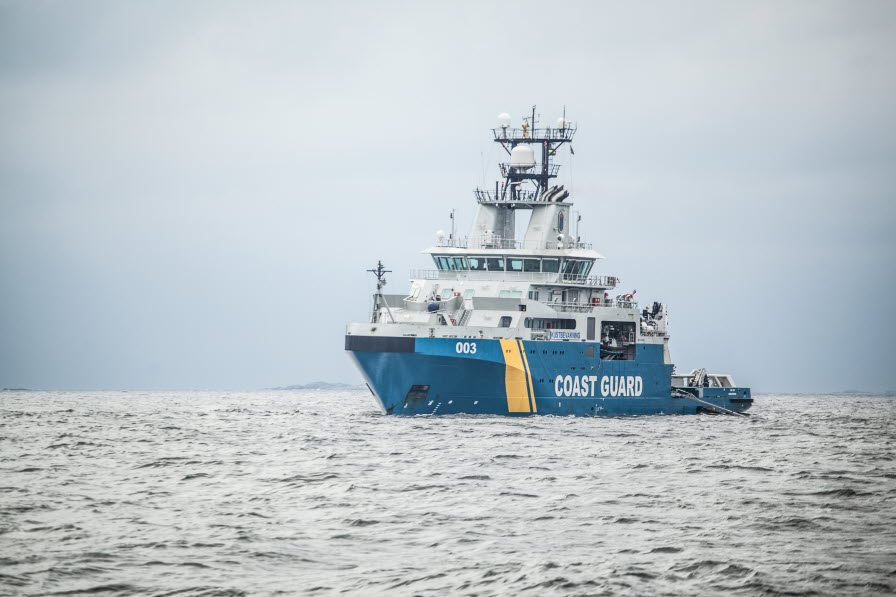October 2024 marked a record-breaking month for alternative fueled vessel orders, with a total of 97 new orders placed, according to the latest figures from DNV’s AFI platform.
The milestone comes as the maritime industry is witnessing a significant shift towards cleaner fuels, with liquefied natural gas (LNG) leading the charge.
Last month, LNG accounted for 66 of the 97 vessels ordered with alternative fuel, with the container segment being the primary driver—responsible for 58 of the orders.
“The growth has clearly been led by LNG. Since July, 177 new orders for LNG fuelled vessels have been placed, compared to 52 in the first six months of the year, primarily driven by an industry-wide uptick in activity from the container segment,” said Jason Stefanatos, Global Decarbonization Director at DNV Maritime.
The rise of LNG is further evident by its rising share in the global fleet. A recent report by the shipping coalition SEA-LNG revealed that LNG-powered vessels now comprise over 2% of the global shipping fleet, with projections indicating this figure could rise to 4% by vessel numbers or 6% by deadweight tonnage when considering current order books. The growth has been exponential, from just 21 LNG-fueled ships in 2010 to 590 in operation today—a number that is expected to double by the end of 2028, according to SEA-LNG.
The resurgence of LNG’s popularity represents a significant shift from 2023 when methanol briefly held the top spot for alternative fuel choices.
While LNG has regained the top position, methanol continues to be a strong contender in the alternative fuel market. October saw 29 orders for methanol-fueled vessels, primarily in the bulker segment, marking the strongest month for methanol orders in 2024. Stefanatos noted, “With 162 orders for methanol fuelled vessels placed in the first 10 months of the year, the total figure for 2023 has already been surpassed.”
Methanol’s declining market share comes amid supply chain challenges, with growing concerns over green methanol availability, higher processing costs, and production delays. Industry analyst Alphaliner reports a decline in methanol-powered containership orders this year, with these vessels now representing only 21% of new capacity ordered in 2024—down from 51% in 2023.
Regardless of fuel type, the overall growth trajectory for alternative fuels is promising as the shipping industry is required to reduce greenhouse gas emissions to align with stricter targets set by the International Maritime Organization (IMO) in July 2023. According to DNV, the first 10 months of 2024 saw 464 new orders for alternative-fuelled vessels, marking a significant year-on-year growth of 46%.
As the maritime industry continues its journey towards decarbonization, the competition between LNG and methanol, along with emerging options like ammonia, will shape the future of green shipping.

 Join The Club
Join The Club










